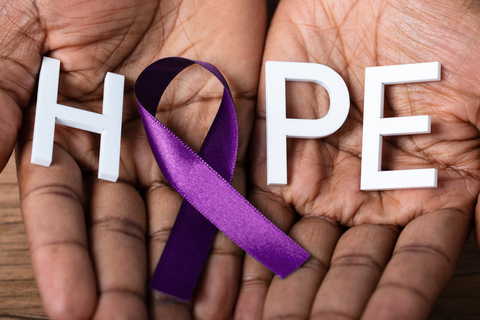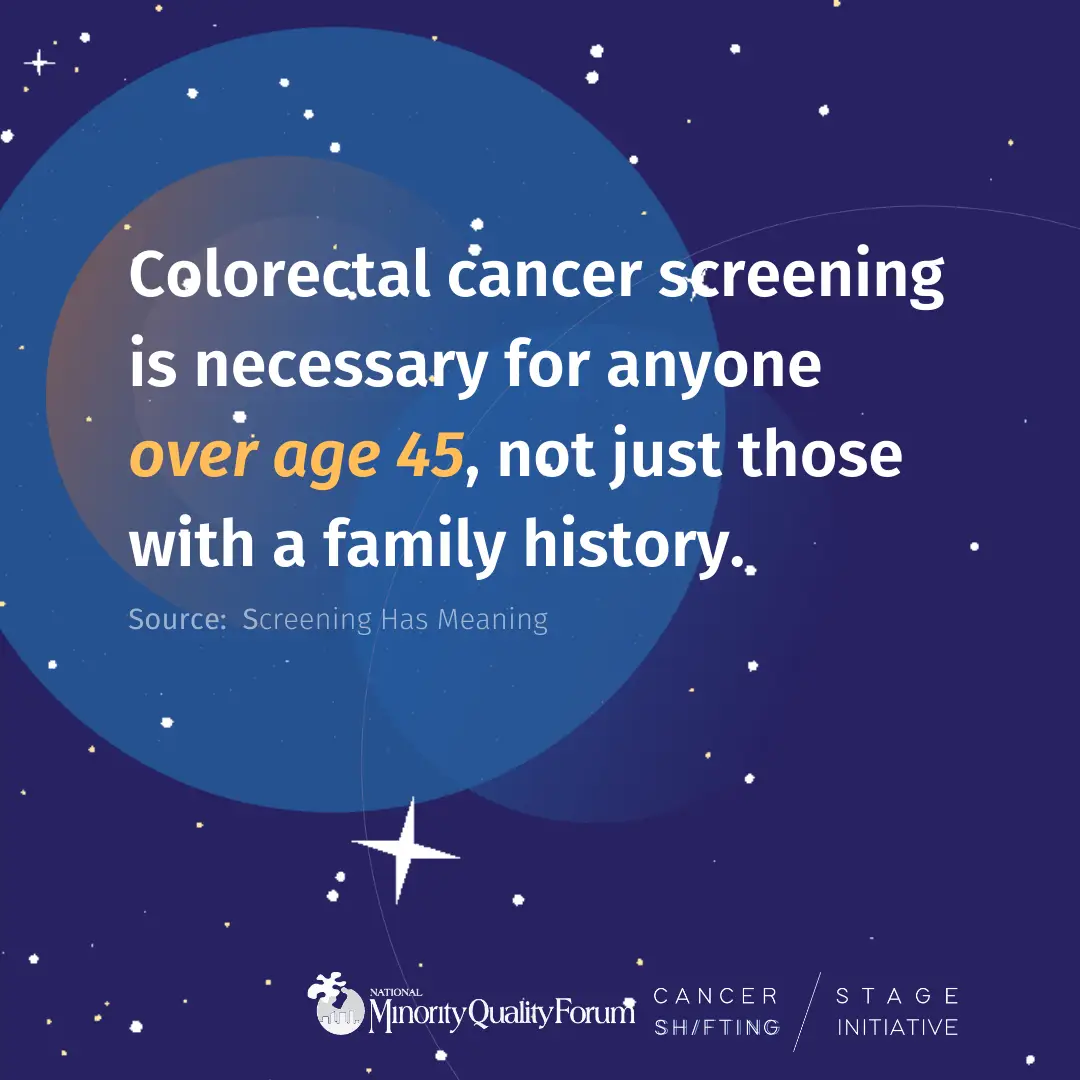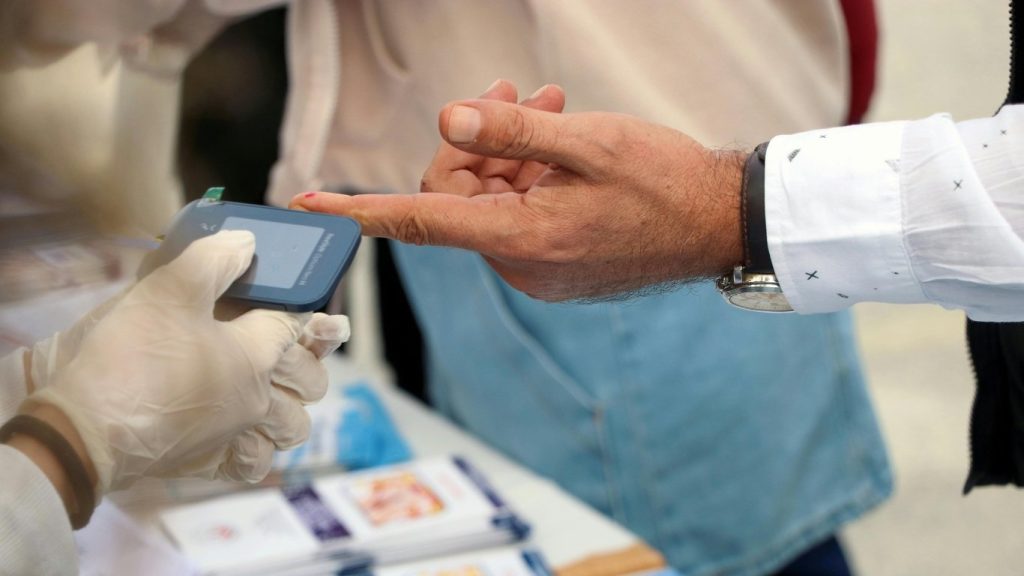Cancer
Geography and Race/Ethnicity Impact Access to Pediatric Cancer Care
New research has revealed disparities in access to cancer care among children, adolescents, and young adults in the United States.
The study showe...
Use of endocrine therapy for estrogen receptor-positive breast cancer among American Indians and Alaska natives
Background:
American Indian/Alaska Native (AI/AN) women with estrogen receptor-positive (ER +) breast cancer have higher mortality c...
"We're in this together": Perceived effects of breast cancer on African American survivors' marital relationships
Objective:
We examined married African American breast cancer survivors’ perceptions of how cancer affected their marriage, so...
Breast cancer in Native Hawaiians, Pacific Islanders
HONOLULU (KHON2) — According to University of Hawaii researchers, Native Hawaiian and Pacific Islander women diagnosed with breast cancer have high...
COVID-19 mortality: are comorbidities, socio-economic status and ethnicity more important than cancer?
Editorial
doi: 10.21037/atm-22-5592.
Affiliations
Expand
Affiliations
1 Department of Medical Oncology, Institut Universitaire de Cancér...
The Landmark Series: The Breast Cancer Burden of the Asian American Population and the Need for Disaggregated Data
The Asian American Pacific Islander (AAPI) population is a heterogeneous group of people from geographically and ethnically distinct regions of the...
Trending Topics
Features
- Drive Toolkit
Download and distribute powerful vaccination QI resources for your community.
- Health Champions
Sign up now to support health equity and sustainable health outcomes in your community.
- Cancer Early Detection
MCED tests use a simple blood draw to screen for many kinds of cancer at once.
- PR
FYHN is a bridge connecting health information providers to BIPOC communities in a trusted environment.
- Medicare
Discover an honest look at our Medicare system.
- Alliance for Representative Clinical Trials
ARC was launched to create a network of community clinicians to diversify and bring clinical trials to communities of color and other communities that have been underrepresented.
- Reducing Patient Risk
The single most important purpose of our healthcare system is to reduce patient risk for an acute event.



















